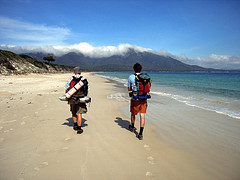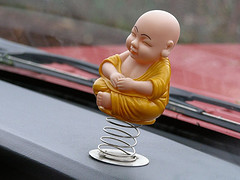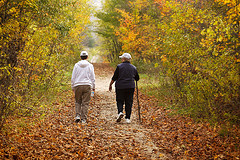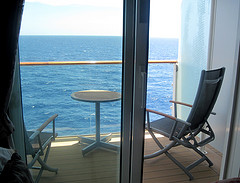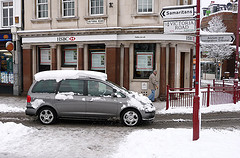 As unexpected snowfall and sub-zero temperatures recently plagued folks in England and Wales and travelers into and out of Heathrow were warned to check their flight status and leave extra travel time, we thought it a good time to review the benefits of having travel delay coverage.
As unexpected snowfall and sub-zero temperatures recently plagued folks in England and Wales and travelers into and out of Heathrow were warned to check their flight status and leave extra travel time, we thought it a good time to review the benefits of having travel delay coverage.
It’s important to remember that airlines don’t guarantee their departure schedules and events like severe weather can make it impossible for flights to leave on time. In the U.S., airlines are not legally obligated to provide any compensation to passengers when a delay occurs due to weather.
Travel delay coverage, on the other hand, reimburses travelers for reasonable expenses (up to the policy limits) when their travel is delayed a certain number of hours. So, if your plane can’t take off because the airport is shut down due to heavy snow, Â and you have to get a hotel for the night, feed the kids, and find transportation, etc., those expenses will be reimbursed.
Remember to keep all your receipts and documentation issued by the airline regarding the flight cancellation – those are very important bits of data when you make a claim.
Read all about travel delay coverage and for a fun photo treat, check out the photos of the UK snow.





